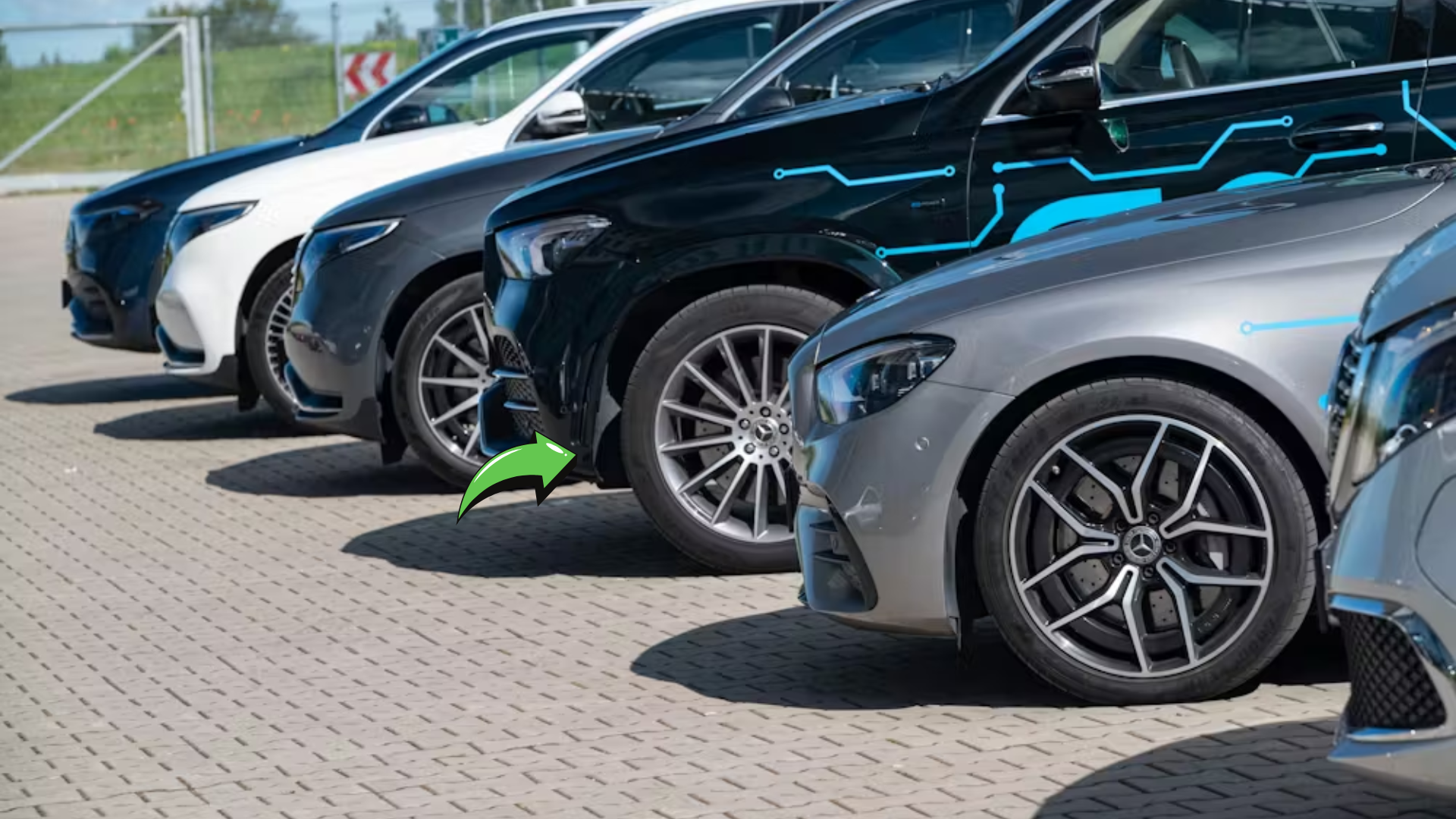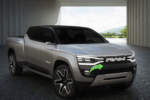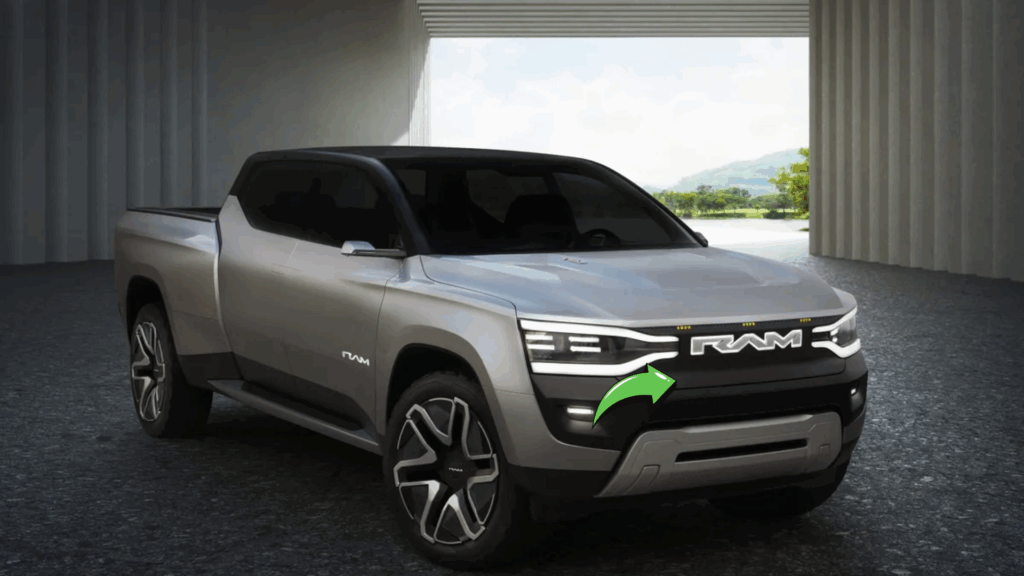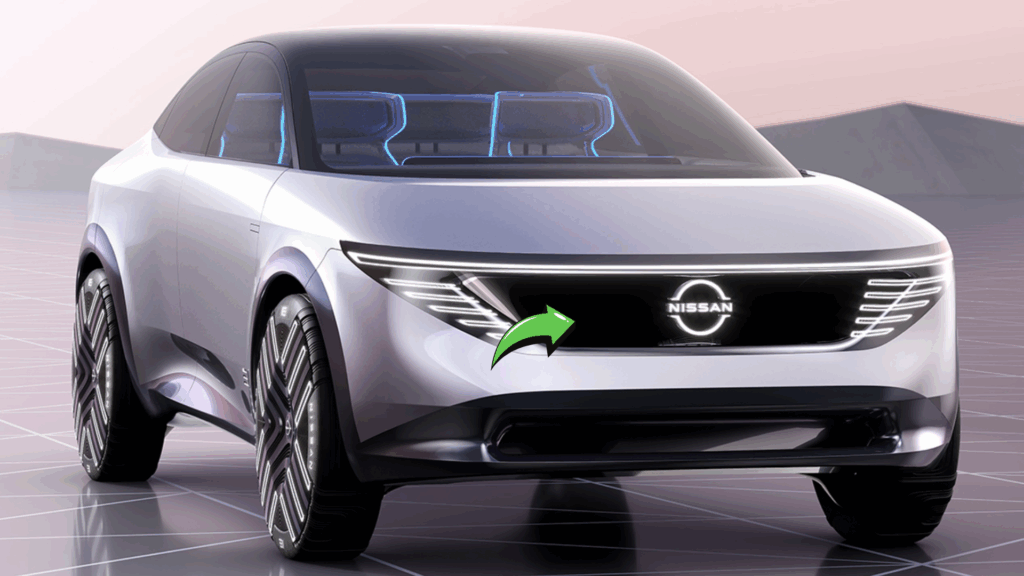In a surprising policy reversal that caught many industry observers off guard, the multi-state transportation coalition announced yesterday they would abandon their proposed electric vehicle usage fee plan. After months of heated debate and growing resistance from various stakeholders, the coalition decided to go back to the drawing board. The decision represents a significant victory for EV advocates who argued that such fees would unfairly penalize early adopters of green technology.
The announcement came via a brief press statement that offered little explanation beyond citing “the need for further study and stakeholder consultation.” Behind closed doors, however, sources familiar with the discussions paint a more complicated picture of competing interests and mounting pressure.
Table of Contents
Why the Sudden Reversal?
The coalition’s original plan seemed straightforward enough: as more drivers switch to electric vehicles, traditional gas tax revenues continue to decline. This creates an increasingly problematic funding gap for road maintenance and infrastructure projects across participating states. The proposed solution involved implementing a per-mile fee specifically targeting electric vehicles to make up for their lack of contribution through gas taxes.
But the devil, as they say, was in the details. Initial fee structures would have charged EV owners significantly more per mile than what typical gasoline vehicle owners effectively pay through fuel taxes. This discrepancy quickly became a rallying point for opposition groups.
Environmental organizations mobilized their considerable resources against the proposal. They argued that any policy penalizing electric vehicle ownership directly contradicts broader climate goals and emissions reduction targets. Their campaign gained unexpected momentum when several major automakers joined the chorus of opposition.
Industry Pushback Played Key Role
“We were frankly shocked by how quickly the automotive industry aligned against this,” admitted a coalition staff member speaking on condition of anonymity. The staffer explained that manufacturers who’ve invested billions in electric vehicle development viewed the fees as potentially dampening consumer enthusiasm at a critical market expansion phase.
Tesla CEO Elon Musk publicly called the proposed fees “a thinly veiled attempt to protect fossil fuel interests” in a viral social media post that generated millions of interactions. Other automotive executives expressed similar sentiments in more measured tones during industry conferences and earnings calls.
Also Read: Omoda C3 Small SUV Unveiled With Bold Sci-Fi and Lambo Cues
The Funding Dilemma Remains Unsolved
Despite the coalition’s retreat, the fundamental problem persists. Road maintenance requires substantial and consistent funding. Traditional models rely heavily on gasoline taxes that electric vehicles simply don’t pay.
Transportation experts acknowledge this represents a genuine policy challenge without easy solutions. Some alternative approaches being discussed include:
Potential Alternative Funding Models
| Funding Approach | Advantages | Disadvantages | Timeline |
|---|---|---|---|
| Flat Annual EV Fee | Simple to implement, predictable revenue | Doesn’t account for actual road usage, potentially unfair | Could implement within 1-2 years |
| Weight-Based Charges | Addresses road wear factors, technically feasible | Complex to administer, may penalize family vehicles | 2-3 year implementation window |
| Universal Road Usage Charge | Technology-neutral, directly ties to infrastructure use | Privacy concerns, higher implementation costs | 5+ years for full implementation |
| Electricity Surcharge | Easy to collect, minimal new infrastructure | Doesn’t distinguish between driving and home usage | Could implement within 1 year |
“The coalition’s withdrawal doesn’t mean they’ve given up on addressing the issue,” explains Dr. Maria Sanchez, transportation policy expert at Northwestern University. “It more likely signals recognition that they need to develop a more equitable approach that balances infrastructure funding needs with broader environmental goals.”
Environmental Groups Claim Victory
Environmental advocates celebrated the coalition’s decision as a win for climate policy. “This proposal would have effectively penalized drivers for making environmentally responsible choices,” said Jordan Williams, executive director of Clean Transportation Now. “We’re relieved to see policymakers recognize this contradiction and go back to the drawing board.”
Williams emphasized that his organization doesn’t oppose all usage-based fees. Rather, they advocate for technology-neutral approaches that don’t single out specific vehicle types. Such universal systems would charge all vehicles based on miles driven regardless of fuel source.
Political Considerations Played Role
The timing of this policy reversal coincides with upcoming election cycles in several coalition states. Political analysts suggest this wasn’t coincidental. Transportation policy rarely generates passionate voter engagement, but environmental issues increasingly drive voter turnout among younger demographics.
“Supporting punitive fees on electric vehicles right now would be politically risky,” notes political strategist Denise Alvarez. “The growing consumer interest in EVs cuts across traditional partisan lines, making this a potential liability for politicians on either side.”
Polls conducted last month showed 67% of likely voters opposed the original fee structure. Particularly concerning for coalition members was the discovery that opposition remained high even among traditionally conservative rural voters who typically support road funding initiatives.
What Happens Next?
The coalition hasn’t abandoned the concept entirely. Their statement indicated they plan to convene a broader stakeholder group to develop alternative approaches. This process will likely take several months, with any new proposal unlikely before year’s end.
Industry insiders predict that whatever emerges will look substantially different from the original plan. The revised approach will almost certainly include:
- Broader application across vehicle types rather than EV-specific charges
- A phased implementation that gradually introduces new fee structures
- Stronger equity provisions to protect lower-income drivers
- Technology privacy safeguards addressing data collection concerns
Technology Challenges Remain
Implementing any road usage charge system presents significant technical hurdles. The most accurate approaches require some form of mileage tracking, which raises immediate privacy concerns among consumers and advocacy groups.
“People understandably worry about government tracking their movements,” explains technology policy researcher Aiden Chang. “Any viable system must incorporate robust anonymization and data protection measures while still collecting necessary usage information.”
Several pilot programs across the country have tested various approaches. These range from simple odometer readings during vehicle registration to sophisticated GPS-based systems that can distinguish between different road types and jurisdictions.
Results from these programs demonstrate technical feasibility but highlight significant implementation challenges around cost, compliance verification, and public acceptance.
Economic Impact Considerations
Fleet transition to electric vehicles continues accelerating faster than many analysts predicted just a few years ago. Major automakers have announced aggressive electrification targets, with some planning to phase out internal combustion engines entirely within 15 years.
This rapid transition creates urgency around developing sustainable transportation funding models. However, poorly designed approaches could potentially slow adoption rates at a critical juncture in the market’s development.
Consumer Perspective Matters
“When we surveyed potential EV buyers, nearly 40% indicated that additional ownership fees would influence their purchase decision,” reports consumer research analyst Tanya Johnson. “Price sensitivity remains exceptionally high in this still-maturing market segment.”
These findings likely influenced the coalition’s decision to reconsider its approach. Policymakers increasingly recognize that transportation funding solutions must balance multiple competing objectives without undermining broader environmental and economic goals.
Frequently Asked Questions
Why do EVs need special fees?
EVs don’t pay traditional gas taxes that fund road maintenance, creating a funding gap as adoption increases.
What was wrong with the original plan?
Critics said it unfairly targeted electric vehicles with higher effective rates than gas vehicles pay through fuel taxes.
Will some fee eventually be implemented?
Most experts believe yes, but in a more equitable form that doesn’t specifically target electric vehicles.
How do other countries handle this issue?
Many European nations are exploring universal road usage charges regardless of vehicle type, while others use annual flat fees.
Would fees significantly impact EV adoption?
Research suggests poorly designed fees could deter some buyers, especially in price-sensitive market segments.
In conclusion, while the coalition’s retreat represents a temporary victory for electric vehicle advocates, the underlying funding challenge remains unresolved. The coming months will likely see intensive negotiations around creating a more equitable and politically palatable approach to ensuring sustainable transportation infrastructure funding.
The final solution will need to balance competing demands: maintaining critical infrastructure, supporting environmental goals, addressing fairness concerns, and ensuring technical feasibility. Finding this balance remains one of the most significant transportation policy challenges facing governments worldwide as vehicle electrification accelerates.











